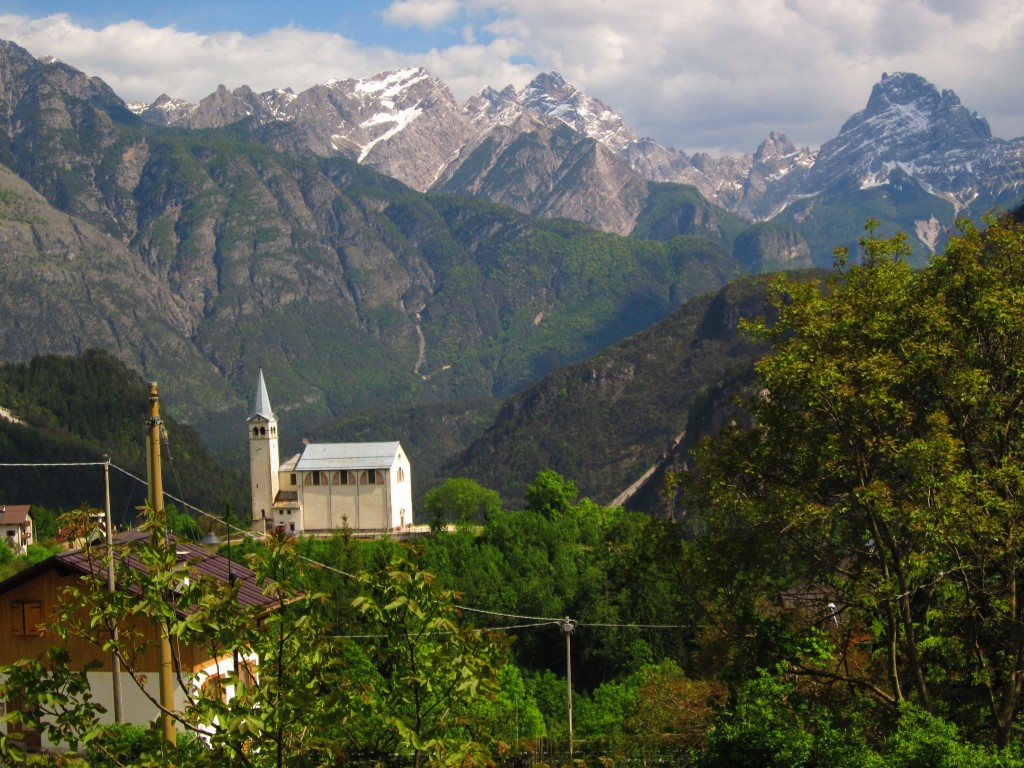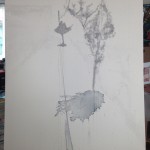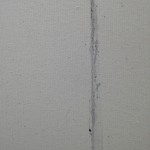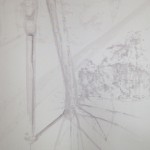I noticed something interesting today as I was wrapping up teaching my after-school art class. Usually my classes run like so: five minutes of sketching to warm up, 45 minutes of the project of the day, and then I orchestrate a clean-up and then have everyone gather around the finished pieces to talk about them with the remaining time. To spark discussion, I ask them about what they like in the art, how the art makes them feel, if anything is surprising or unexpected, and if they have any questions in particular for any of the other artists about how they made something.
However, I decided to skip today’s end-of-class-discussion since it looked like they wanted a little more time to finish today’s art. When I announced that class was over, they surprised me by organizing themselves around the table where we usually have our discussions and started their own discussion, using the language I typically use. (And it was funny to hear a six-year old girl, unprompted, comment on how it was unexpected to see another student use the color that she chose.) I hadn’t realized that I had created a routine that they were eager to repeat. I let class go a few minutes longer to allow them to talk about and process what they had all made.
Today’s class showed me that not only do we all crave structure, but that I had successfully set up a structure for myself and the students to work within.
Before I went to school for my BFA, it was rare for me to make art without taking a night art class. While I was working on my BFA, I knew that the school would provide me an art-making schedule to work within. I wasn’t sure how I was going to approach my art-making when I graduated.
Right after graduating, I rode my bike through the Italian Dolomites with two friends. We passed through many small towns tucked away in the mountains. No matter the size of the town, each one had one thing in common: a tall spindly church spire sticking up out of its center. These churches provided structure and identity for each town in so many ways. I imagined that the church gave inhabitants a spiritual structure by supplying a belief system and a schedule of spiritual practice. As a visitor, it was clear to me that the churches had a strong physical structure, as the buildings were like the masts on ships, giving each town its own identity and visual presence. Aside from the fact that I don’t practice Catholicism, I secretly fantasized about traveling through time, going to church and making art within the structure of a life shaped by the church…. that’s how much I craved a structure.
Luckily, I didn’t have to travel through time or change my religion to figure out how to have my own art practice. I have come to realize that it’s about showing up to make my art consistently, planning ahead and blocking off time to do it, and saying no to things that will prevent me from working on it. I don’t need an external structure to get started on my art any more, but I often think of those spires and towns tucked away in the mountains, as a symbol of structure.






